What’s the Buzz
The Bee Healthy Blog
How to Manage ADHD Without Medication for Adults
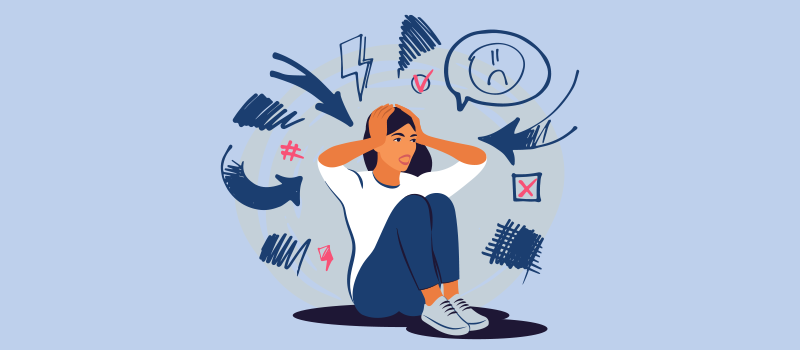
-
Adults may be able to manage ADHD (attention deficit hyperactivity disorder) without medication by engaging in psychotherapy and/or behavioral therapy, cognitive behavior therapy (CBT), talk therapy, and support groups.
-
Lifestyle changes such as exercise, a healthy diet, and good sleep habits while incorporating meditation and different breathing techniques for relaxation can also help manage ADHD in adults without medication.
Adult ADHD (attention deficit hyperactivity disorder) is a mental health condition that affects brain function. It is usually diagnosed at a young age in school-age children but can last into adulthood and cause other psychiatric disorders. Risk factors include genetics, premature birth, low birth weight, and prenatal exposure to environmental toxins.
According to the American Psychiatric Association, medications, psychotherapy, or medication combined with psychotherapy are the most effective ways to treat ADHD symptoms in both children and adults.
However, some people prefer not to take ADHD medications due to insurance coverage or preference. Others do not respond to ADHD medicines or have severe side effects. In such cases, non-drug treatments for adults with an ADHD diagnosis can help. Please continue reading to learn more about natural ADHD remedies for adults.
How can I control my ADHD without medication?
It may be possible to treat ADHD naturally without medication in some people. Psychotherapy is an effective treatment with proven benefits in managing ADHD in adults. This treatment plan can be used to treat ADHD naturally without medications.
Behavioral therapy for reducing ADHD symptoms may include cognitive behavior therapy (CBT), family and marital therapy or counseling, and other types of talk therapy.
These natural treatments help adults better understand their condition, including the triggers that worsen ADHD symptoms, and develop coping strategies. Behavioral therapy can be individualized to address specific behavioral problems, for example, to reduce symptoms such as poor time management, impulsiveness, temper outbursts, or similar symptoms.
What is the coping mechanism for ADHD adults?
The following lifestyle changes can be coping mechanisms for people with ADHD.
Exercise
Regular exercise is one of the best natural remedies for ADHD. Physical activity boosts neurotransmitters such as dopamine, norepinephrine, and serotonin in the brain, which are important for focus and concentration. Exercise also helps to improve motivation, memory, and mood and reduce impulsive behaviors by burning off excess energy.
Pick an outdoor activity you enjoy, such as walking, hiking, or trail walking, to treat ADHD naturally. Just 30 minutes of physical activity every day can have a positive impact on your mental health and brain function.
Dopamine vs Serotonin: What are the Differences?
Sleep
Many adults with ADHD struggle with sleep difficulties, including falling asleep at night, staying asleep, or having restless sleep. This can lead to daytime sleepiness and grogginess, making ADHD symptoms worse. Therefore, one of the best natural remedies for ADHD is to get regular, good-quality sleep to improve focus, attention, and mood.
Stick to a set bedtime and waking-up time. Sleep in a cool, dark bedroom. Turn off all electronics 1-2 hours before you go to bed. Avoid caffeine and exercise a few hours before bedtime.
Diet
Many adults with ADHD have nutritional problems because of poor meal planning and impulsiveness when choosing foods. Eating a healthy diet with plenty of fresh fruits and vegetables, whole grains, healthy fats, and lean proteins can help improve overall health, which can have positive effects on mental health and ADHD symptoms without medication.
Practice mindfulness in your eating habits, including shopping for healthy foods, preparing meals in advance, scheduling meal times, and having healthy snacks on hand. Avoid junk food, sugary snacks, and caffeine, which can provide a quick burst of energy followed by a crash in focus and mood.
Relaxation techniques
Meditation and yoga are natural ADHD remedies that improve mental well-being. These activities help to reduce stress, negative thought patterns, excessive worry, impulsivity, anxiety, and depression. Regular practice of mindfulness (living in the present moment) and relaxation techniques (deep breathing exercises) can help to improve focus, attention, stillness, and impulse control, thereby naturally treating ADHD. Mindfulness-based cognitive therapy is one of the best natural remedies to build coping skills and improve brain health in people with ADHD.
Behavioral therapy
Talk therapy is a proven method of treating ADHD in adults. It can help people with ADHD learn coping skills and overcome academic difficulties, workplace problems, relationship conflicts, and low self-esteem. Marriage and family therapy can help resolve the problems that ADHD creates in relationships with family members due to impulsive decisions, money mismanagement, forgotten commitments, or poor attention towards responsibilities in the home.
Cognitive behavioral therapy helps adults with ADHD identify and change beliefs and behaviors that cause problems in their lives. It addresses practical issues such as disorganization or time management. CBT is a proven way to treat ADHD without medication.
Learn more about ADHD and American families.
Support groups
A support group for adults with ADHD can help in understanding the challenges people with this condition face and how to best address them. It can be a place to learn about other people’s experiences in treating adult ADHD without medication.
What do adults with attention deficit hyperactivity disorder (ADHD) struggle with?
Adults with attention deficit hyperactivity disorder (ADHD) struggle with paying attention. They tend to have difficulty concentrating and focusing. People with ADHD may also have a persistent pattern of hyperactive behavior and/or impulsive behavior. Some of the symptoms in adults with ADHD can include:
-
Inability to focus or concentrate
-
Poor attention to detail and carelessness
-
Problems with impulse control
-
Difficulty prioritizing tasks
-
Trouble with multitasking
-
Difficulties with time management
-
Poor planning and organizational skills
-
Reduced executive functioning
-
Frequent misplacing of things
-
Fidgetiness, restlessness, or constantly being on edge
-
Forgetfulness
-
Speaking out of turn, trouble keeping quiet, interrupting others, blurting out responses without waiting for their turn to speak
-
Irritability, impatience, quick temper
-
Mood swings
-
Difficulties in handling stress
-
Risk-taking or impulsive behaviors, such as dangerous driving
Read about the best supplements for brain health and memory.
Why is living with ADHD so hard?
Living with ADHD can be very challenging for adults because the poor attention span, hyperactivity, impulsive behaviors, and other ADHD symptoms can affect their relationships, work performance, and ability to function in daily life. These symptoms can lead to financial problems and issues in their personal life. As a result, ADHD patients can develop low self-esteem and other mental health problems such as anxiety disorder, depression, or eating disorders.
What medications are used for adult ADHD?
Stimulant medications such as methylphenidate (Ritalin, Concerta), dextroamphetamine (Dexedrine), and mixed amphetamine salts (Adderall) are commonly used to improve ADHD symptoms in adults. These types of medication are considered the first-line treatment of ADHD to be used in combination with cognitive behavioral therapy (CBT). Check out our blog to learn the benefits of Ritalin vs Adderall.
In addition, doctors may prescribe a non-stimulant medication such as atomoxetine (Strattera) or antidepressants such as bupropion for ADHD treatment. Learn about the pros and cons of Wellbutrin for ADHD.
What are the side effects of medications used for treating ADHD symptoms?
Common side effects of ADHD treatment with medications include insomnia, headache, nausea, decreased appetite, weight loss, increased blood pressure, fast heart rate, abdominal pain, irritability, and mood changes. Rarely, stimulant medications can cause more serious side effects such as seizures, hypertension, psychosis, and liver damage.
If the side effects from ADHD treatment are severe, your doctor can adjust the dose of the medications during the treatment process or switch you to a different medication, for example, a non-stimulant medication. They may also recommend natural treatments for ADHD (without the use of medications).
Manage your ADHD medication costs with BuzzRx coupons. Here are direct links to substantial savings for each medication:
Remember, these coupons are widely accepted at over 60,000 pharmacies, including major chains like CVS, Walgreens, and Rite Aid. Just present your coupon at the pharmacy to ensure you're getting the best possible price.
References:
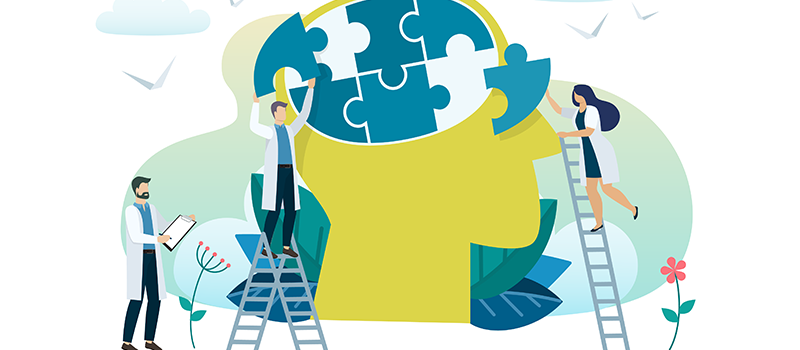
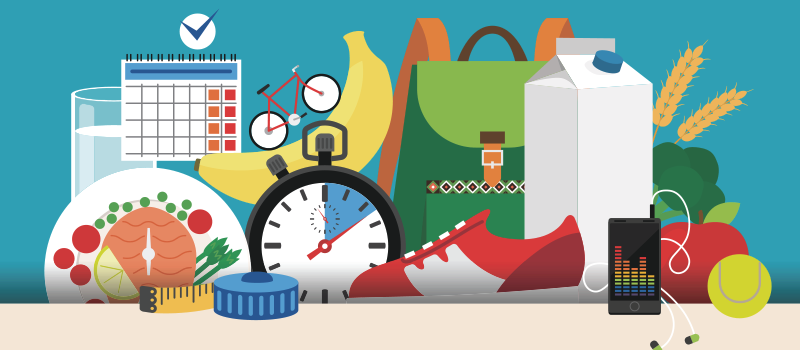
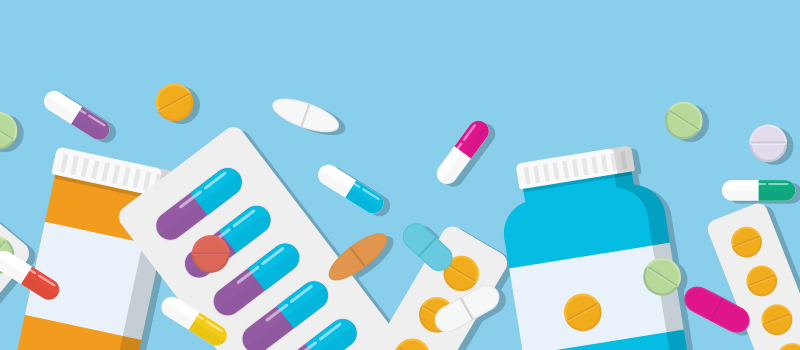
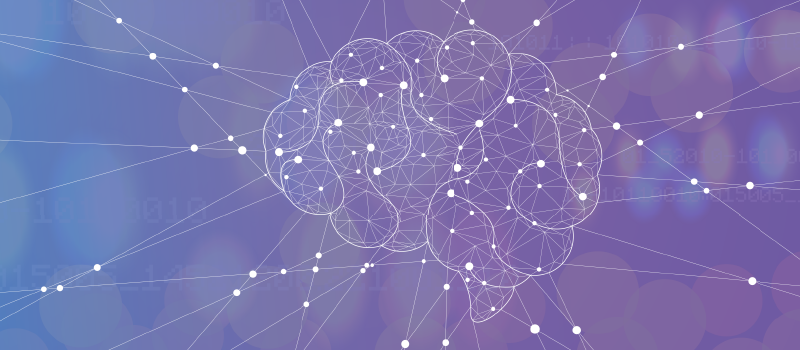
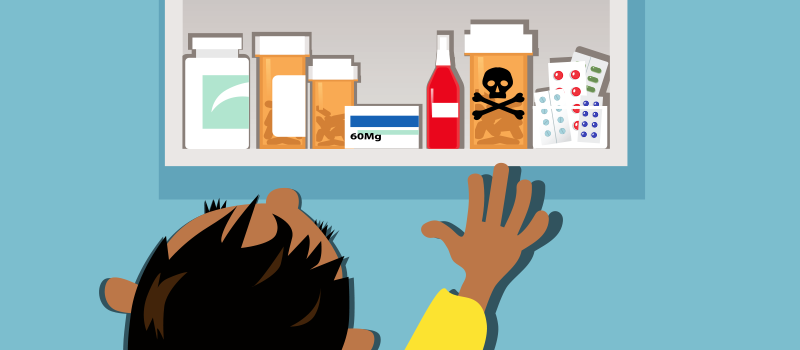
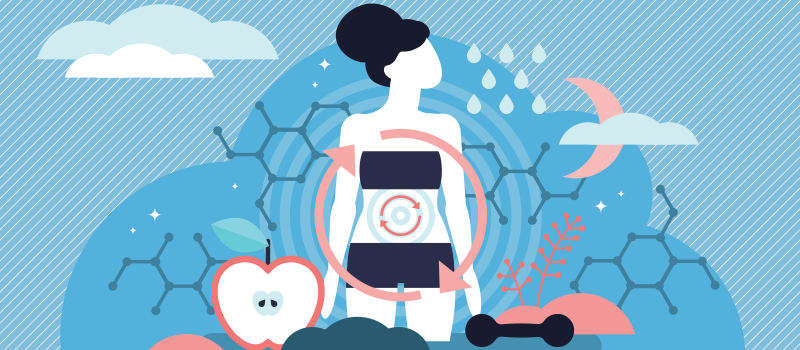

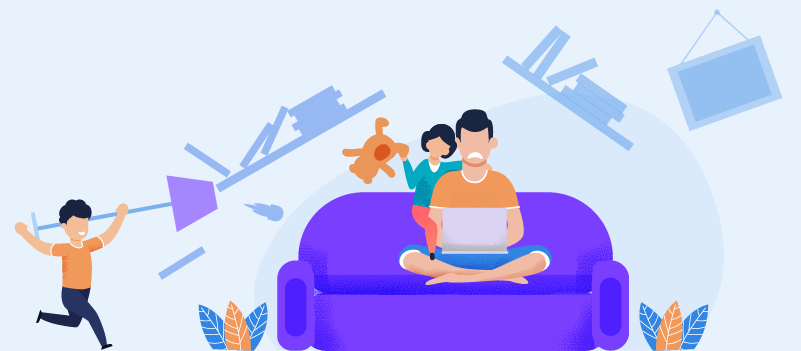
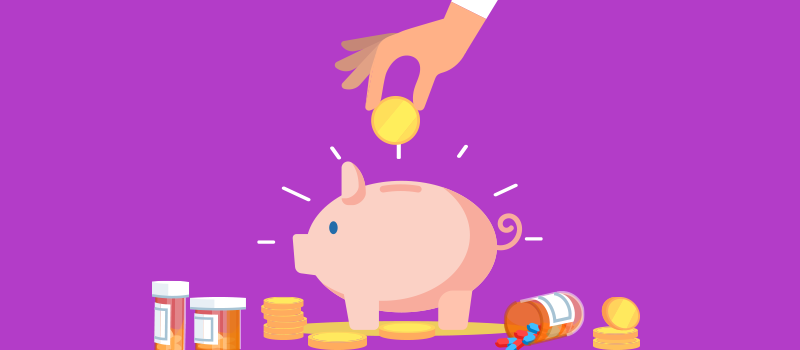
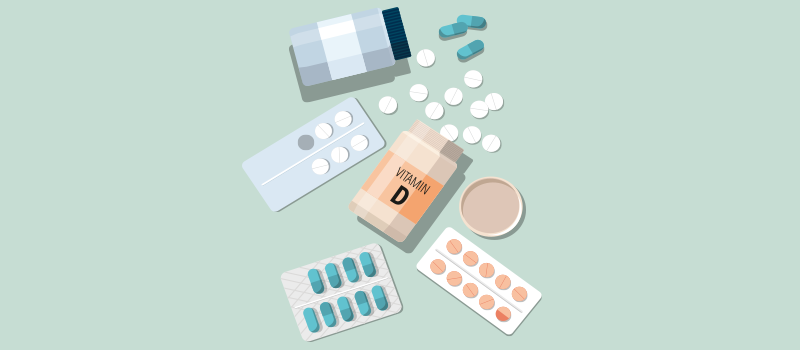

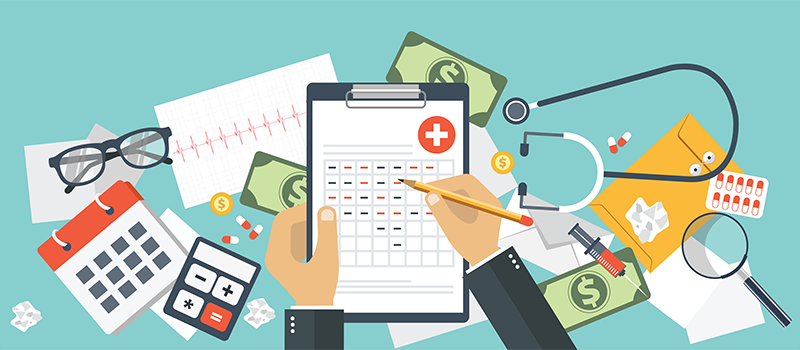
SOCIAL